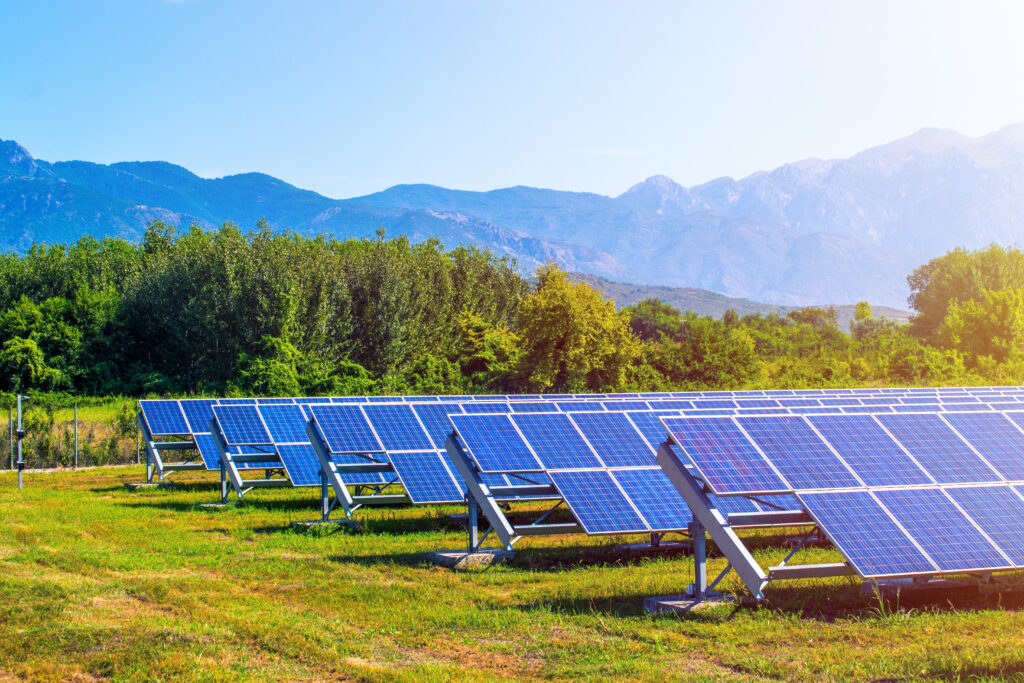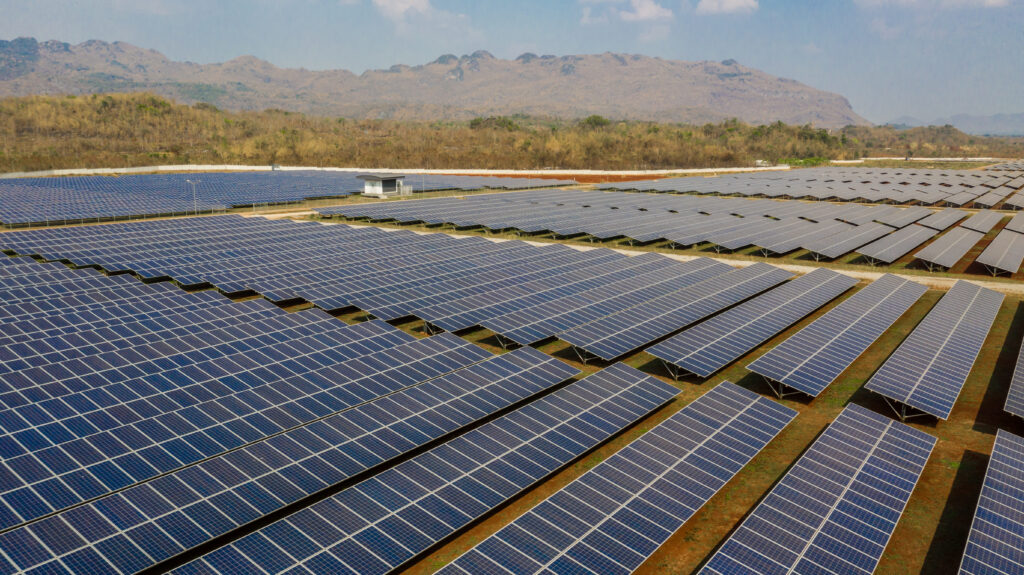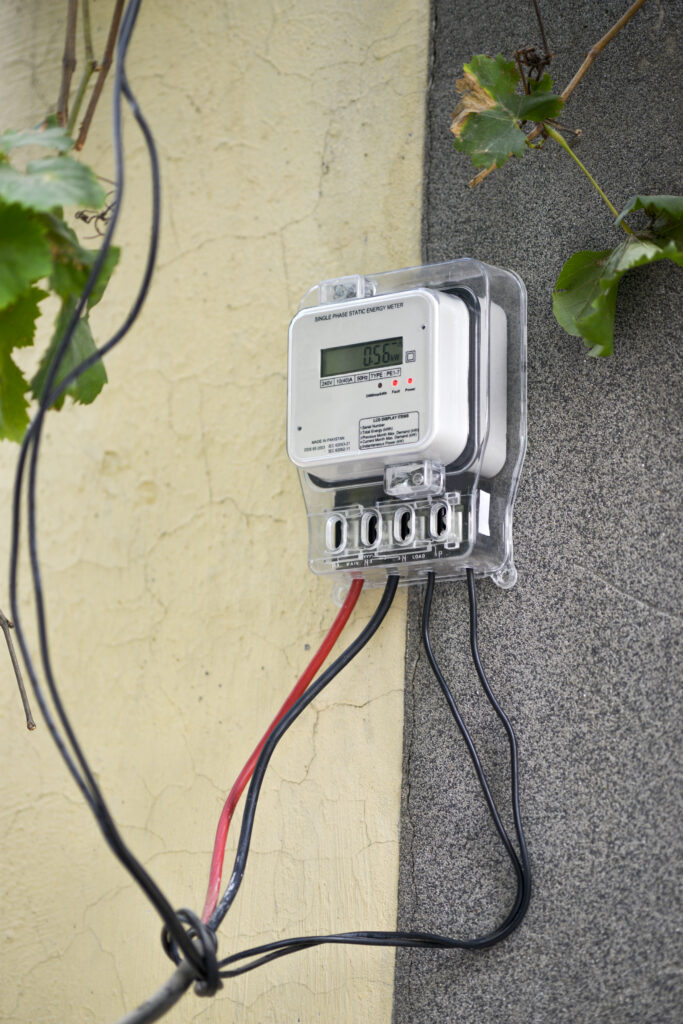




Solar farms and net metering together create a powerful framework to enhance the adoption of renewable energy, particularly solar energy. They represent the forefront of innovation in the renewable energy sector, contributing to both environmental sustainability and energy independence.
Solar Farms: A Green Solution for Energy Production
Solar farms are extensive arrays of solar panels installed in open fields, rooftops, or other large spaces to harness sunlight for generating electricity. These farms have been critical in the growth of solar energy production and are designed to efficiently convert solar radiation into usable power. The technology behind photovoltaic (PV) panels continues to advance, making solar energy more accessible and affordable.
Recent trends indicate that the cost of solar energy, particularly from large-scale solar farms, has plummeted due to improvements in technology, economies of scale, and increased competition within the market. According to the International Renewable Energy Agency (IRENA), the cost of utility-scale solar photovoltaic systems fell significantly, with prices dropping by almost 89% since 2009. As a result, solar farms are increasingly being recognized as cost-effective solutions to meet energy demands while minimizing carbon footprints.
The benefits of solar farms extend beyond mere electricity generation. They provide a pathway for agricultural and community land use management when implemented thoughtfully. This dual-use approach, known as agrivoltaics, allows for agricultural productivity alongside energy production, helping to maximize land use without compromising food production.
However, the deployment of solar farms also presents challenges, including land-use conflicts, ecological impacts, and the intermittency of solar energy production that relies on weather patterns. To mitigate some of these challenges, advancements in energy storage technology, such as battery systems, help store excess energy generated during peak sunlight hours for use during overcast periods or during the night.
Net Metering: Empowering Individual Energy Producers
Net metering offers another significant step toward democratizing energy production. This practice allows residential and commercial solar power system owners to sell excess electricity generated back to the grid. When solar panels produce more energy than needed, the surplus is fed into the grid, and the owner receives credits on their electricity bills.
This system not only incentivizes individuals to invest in solar energy systems but also stabilizes the grid. By encouraging a distributed generation model, net metering helps shift the traditional energy paradigm from centralized fossil fuel power plants to decentralized renewable sources. The credits received for excess energy can significantly reduce overall energy costs, making solar installations a more appealing investment for homeowners and businesses.
Net metering policies can vary widely by region. In some states or countries, consumers may receive full retail price credits for excess energy, while others may implement a net metering cap, limiting the amount of energy that can be credited. These regulatory differences can greatly impact how consumers view their investment in Solar Farms and Net Metering.
In some areas, utilities are beginning to push back against net metering practices, raising concerns about cost-shifting and financial sustainability. Advocates for solar energy argue that net metering not only promotes individual responsibility in energy production but also enhances grid resilience by providing a buffer against energy shortages during peak times.
Economic and Community Impacts of Solar Farms and Net Metering
The combination of solar farms and net metering has significant economic implications. They foster job creation in the renewable energy sector, not only in manufacturing and installation but also in ongoing maintenance and support services. Economic studies reveal that for every megawatt of solar energy installed, a considerable number of jobs are created in local communities, contributing to the vitality of regional economies.
Furthermore, regions that adopt solar farms and net metering mechanisms often see a reduced reliance on imported fuels, leading to enhanced energy independence and stable local energy prices. By turning to renewable energy sources, communities can protect themselves from the volatility of fossil fuel markets, securing a cleaner and more stable energy future.
Additionally, integrating Solar Farms and Net Metering into existing energy frameworks enhances societal awareness of climate issues. As communities transition to renewables, public understanding of energy production and consumption patterns increases, fostering a culture of sustainability and environmental stewardship.
Technological Innovations and the Future of Solar Energy
The future of Solar Farms and Net Metering technology looks bright, with ongoing research and development aimed at improving efficiency and reducing costs. Innovations such as bifacial solar panels, which can absorb sunlight from both sides, and advanced energy management systems that optimize energy consumption patterns will contribute to the growing efficiency of solar energy production.
Moreover, as energy storage technologies continue to advance, they promise to further enhance the viability of solar energy. Innovations such as solid-state batteries and other emergent technologies are expected to revolutionize how energy is stored and utilized by integrating seamlessly with solar systems.
In conclusion, solar farms and net metering represent integral parts of the transition to renewable energy. By enhancing energy production capabilities and democratizing energy access, these systems empower individuals and communities while addressing critical climate challenges. The synergy between technological advancements and supportive policies will further strengthen this framework, exemplifying how collective action towards sustainability can create social, economic, and environmental benefits for all. The journey toward a greener future is well underway, and with continued commitment to renewable innovations, the potential for solar energy is limitless.
Stay informed and engaged with renewable energy developments at Andromeda Energy
For Further Detail
https://www.renewableenergyworld.com/


Leave a Reply